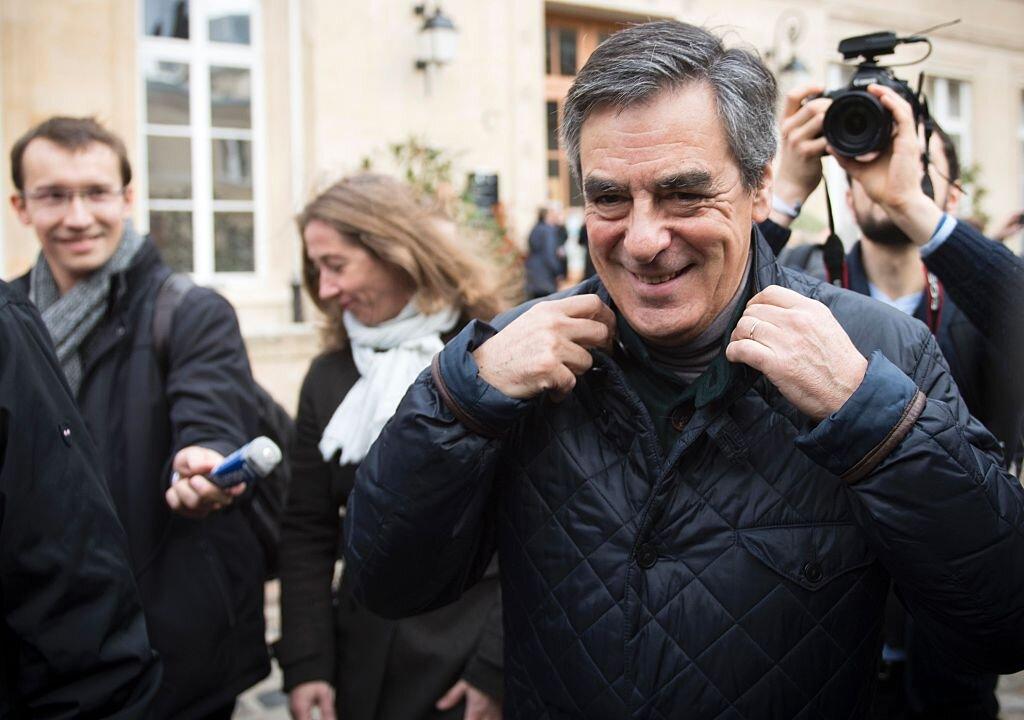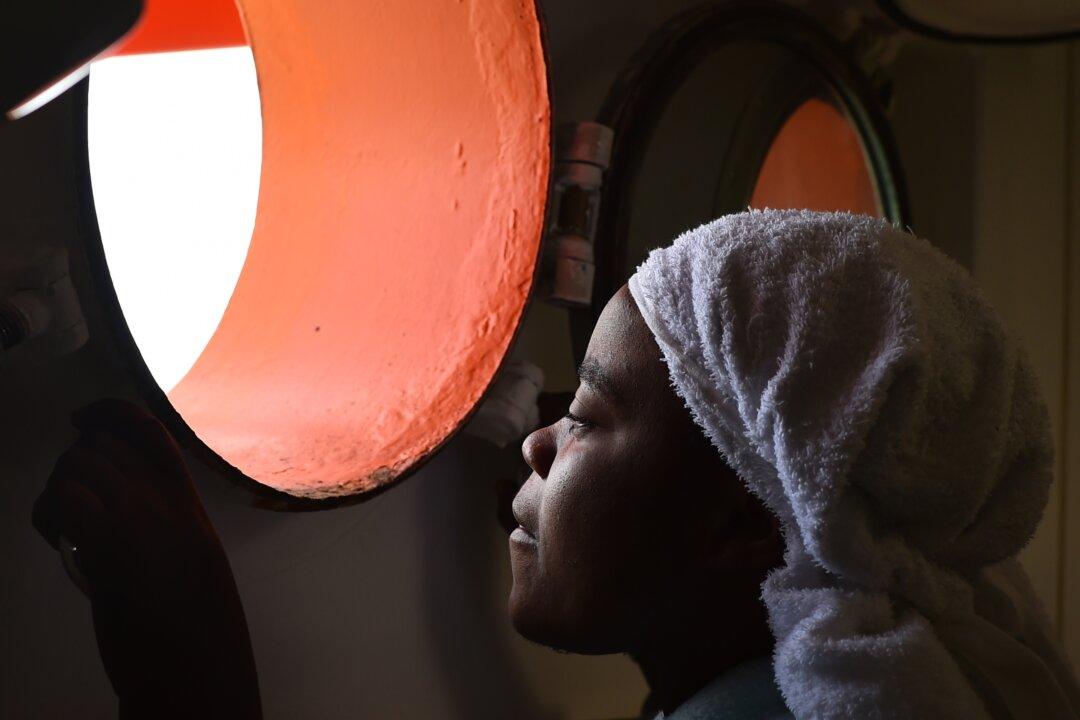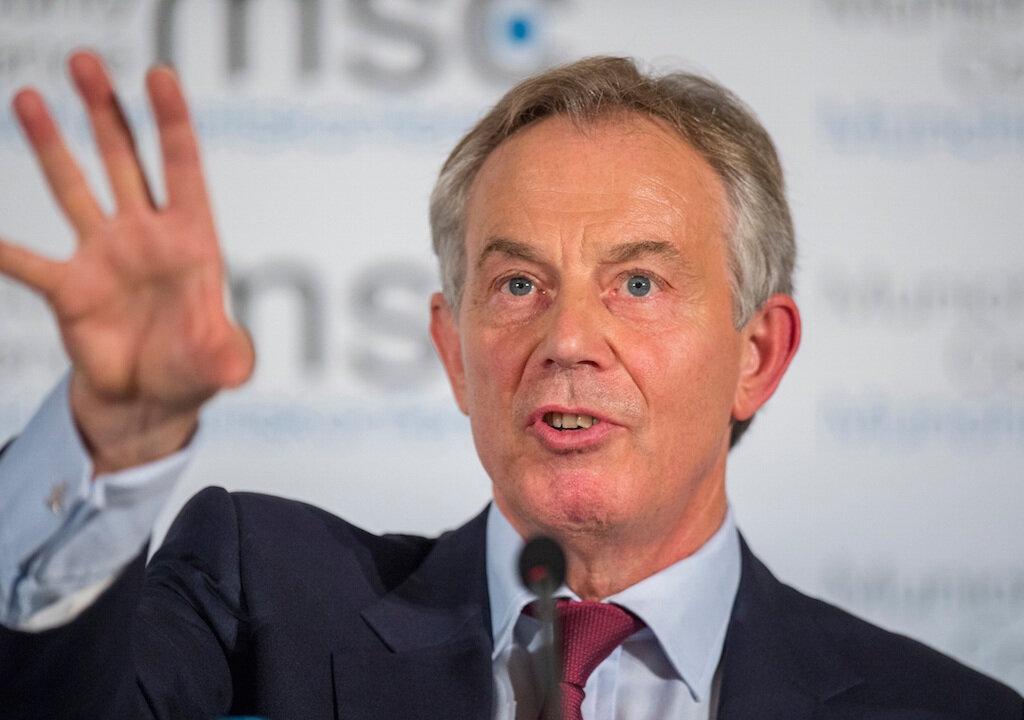Hundreds of thousands of pro-Europe protestors have flooded into Kiev’s old city to protest against President Viktor Yanukovych’s decision to delay the signing of a landmark Association Agreement and free trade deal with the European Union last month. Protestors rightly believe that only rapprochement with the EU can modernise the country’s political and economic system. Yanukovych, though, is not the villain he is made out to be in the Western media’s narrative.
Caught in the middle of a battle of influence between Brussels and Moscow, Ukrainian leaders took the only rational decision by trying to disarm the explosive situation. Meanwhile, the country’s long-term strategic orientation towards Europe has not been questioned by anyone in the government. Instead of further pushing the country further towards the edge, Europe should play the long game in Ukraine.
In a highly symbolic scene that left little doubt as to the aspirations of the vast majority of Ukrainians, protestors gathered in Kiev’s Independence Square tore down a statue of Vladimir Lenin, one of the founders of the Soviet State. Reminiscent of Berliners taking sledge hammers and chisels to the Berlin Wall in November of 1989, Ukrainians took turns pummelling the giant stone statue with the few rudimentary tools available.
Openly encouraged by Western leaders, many conveniently in the besieged town for last week’s Organization for Security and Co-operation in Europe’s ministerial council, the exasperated government has not been able to stymie the tide of discontent. Germany’s eccentric Foreign Minister, Guido Westerwelle, proclaimed that the “gates of Europe are still open” as he waded through the crowed last Wednesday.
European leaders have made clear that any attempts to control the demonstrators with police force will be met with condemnation, preventing the government from doing anything more than watching from the sidelines. Meanwhile, the sensational 24-hour media is touting the protests as the ‘Ukrainian spring’, pouncing on the slightest parallels to oversimplify a highly complex situation.
The distorted narrative that being woven is highly ironic. If Ukraine finds itself in the present situation, it is because Europe failed to provide the country with sufficient assurances that it would be protected from Russian threats. In the run-up to the Eastern Partnership Summit, Russian officials put intense pressure on the country to renounce its European aspirations and, instead, join the Russian-led Customs Union. The EU did call Russia out on its threats, but provided little in the way of tangible assurances.
While the European cooperation and free trade deal comes with numerous socio-economic benefits for the country, they have the disadvantage of only being advantageous in the long-term. The structural effects of increased competition on the country’s economy and the benefits of higher standards for government transparency and judicial fairness will take years to come into fruition and are highly diffuse. Meanwhile, Russian threats imposed a very immediate price tag for snubbing Moscow.
While the EU is Ukraine’s largest trade partner, 25% of Ukrainian exports go to Russia. If Russia made good on its threats to close the borders, the Ukrainian economy would have plunged into chaos. Moreover, Ukraine relies on Russia for over 90% of its natural gas imports. With Russian gas prices historically directly tied to political rather than market trends, higher gas prices would have been catastrophic for Ukraine’s public coffers.
The 20-somethings protesting in Kiev provide a glimpse at the country’s economic and political future, but they are not a representative sample of the socio-economic realities of Ukraine. Many work in dynamic, service sector jobs that rely more on Europe than traditional ties to Russia. An older generation of Ukrainians, however, still toils away in industrial jobs that would be decimated if the country recklessly shut the door on Russia.
Speaking in a television address in November, Yanukovych reassured Ukrainians that, “there is no other option than to build a society of European standards in Ukraine,” adding that, “I would have been wrong if I hadn’t done everything necessary for people not to lose their jobs, receive salaries, pensions and scholarships.” Despite these reassurances, the frustration of Ukrainians in Kiev is palpable. Calling for Yanukovych’s resignation, however, will not change the basic cost/benefit structure for Ukraine in the short-term and a new government would be faced with the same constraints.
Some may then qualify Yanukovych’s decision to ‘fold’ to Russian pressure as cowardice, but it was above all the responsible decision to take. By cooling relations with Moscow, the country can hopefully recast the present zero-sum stakes of its future strategic orientation and find a way to embrace its European future while still maintaining its traditional ties with Russia. Europe seems to either be willingly indulging in a reckless escalation of the situation or to have completely misunderstood Ukraine’s intentions. Either way, Brussels needs to rethink its Ukraine policy before the situation reaches the point of no return.




